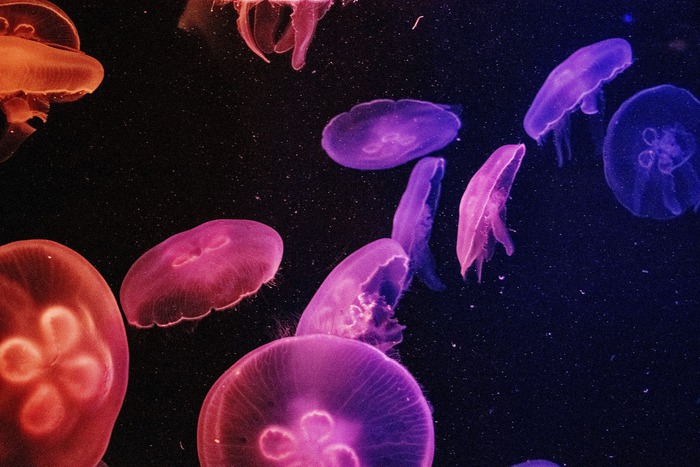Jellyfish as a future sustainable alternative to a great classic takeaway food, fish and chips: this is proposed by the study of the University of Queensland published in the journal Nature Communications, to safeguard some of the 92 species of fish and seafood, 11 of the which are seriously threatened.
According to researchers, 204 countries around the world capture or import species at risk of extinction.
Analyzing global data on industrial fishing, researchers led by Leslie Roberson found that fishing for endangered species is in fact legal and seafood is not listed as endangered.
"This means that the fish that Australians usually order at fish and chip shops could be seriously at risk of disappearing. Seafood is not as sustainable as people think," Roberson notes.
Eating local fish and seafood would certainly be cheaper and more sustainable, according to scholars.
"Australia is one of many rich countries that import and capture endangered seafood, while having an international reputation for preserving marine life. It actually imports about 75% of the seafood it consumes," adds Carissa Klein. , one of the researchers.
The number of threatened species recorded, the study finds, is a very conservative estimate.
The fishing industry is very difficult to manage from a conservative point of view, because it spans several international waters, without anyone to supervise.
"A typical situation is a ship operating in Australian waters, with Chinese ownership and Filipino crew. This causes us to not know what we are eating, as it is very difficult to trace the origins of the species consumed," adds Roberson.
It should be illegal to eat anything "at risk of extinction - he concludes - If we could better coordinate fishing and conservation policies, we could prevent this from happening".

